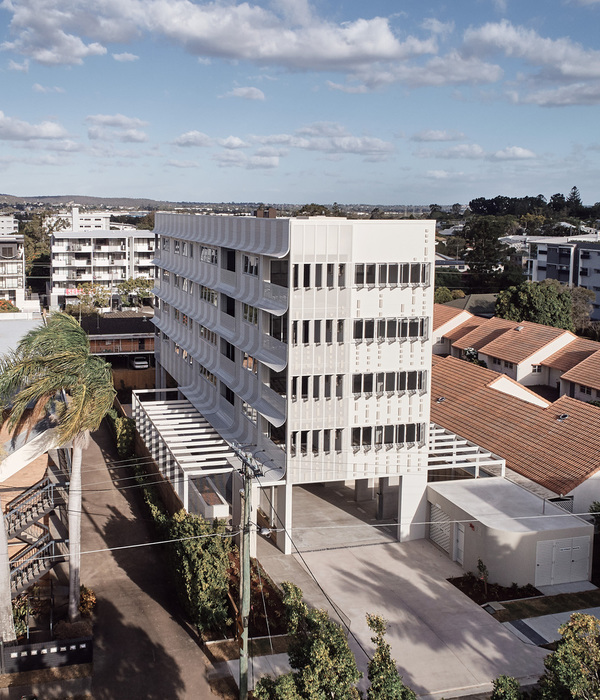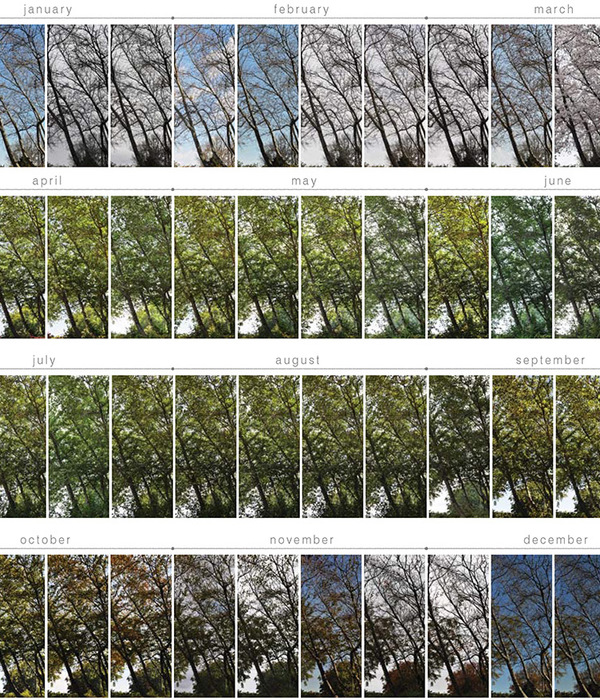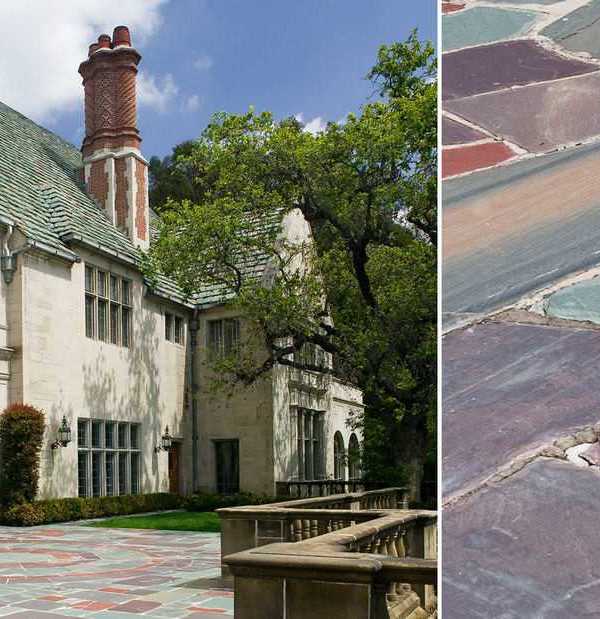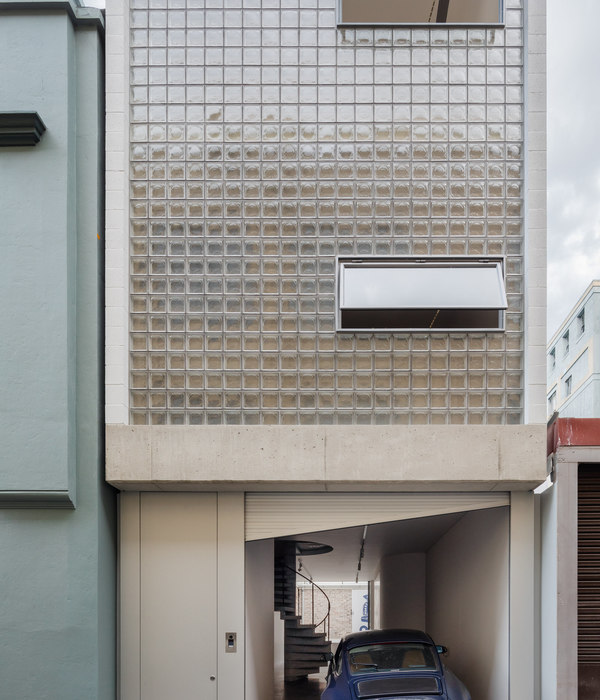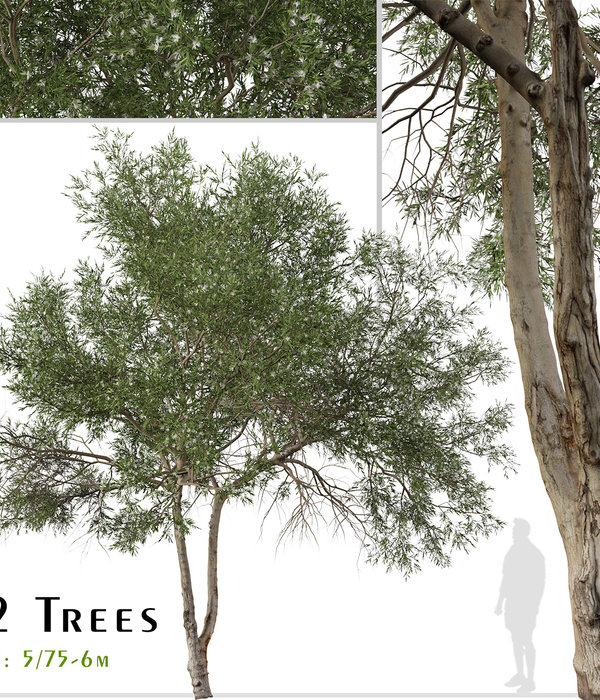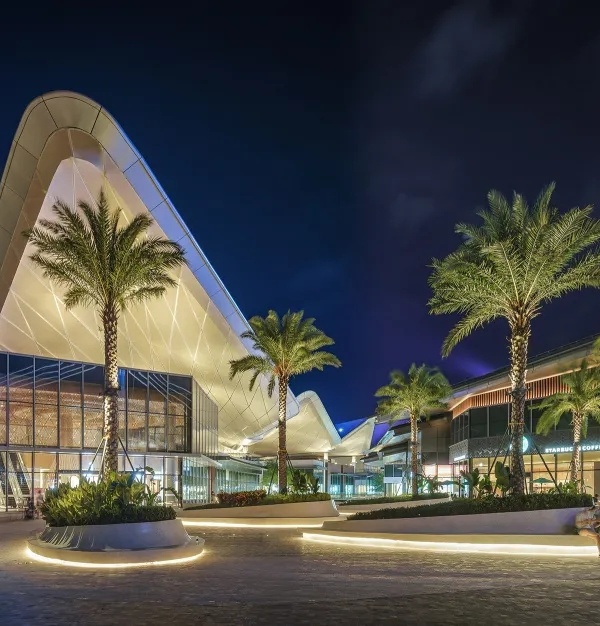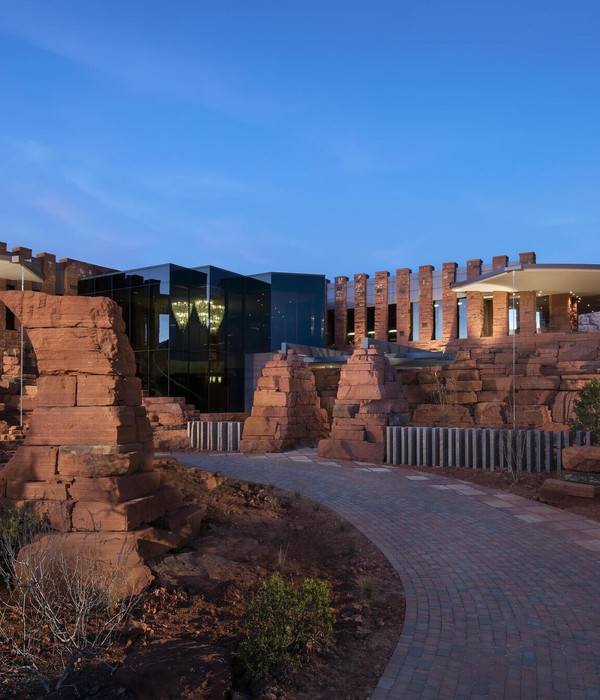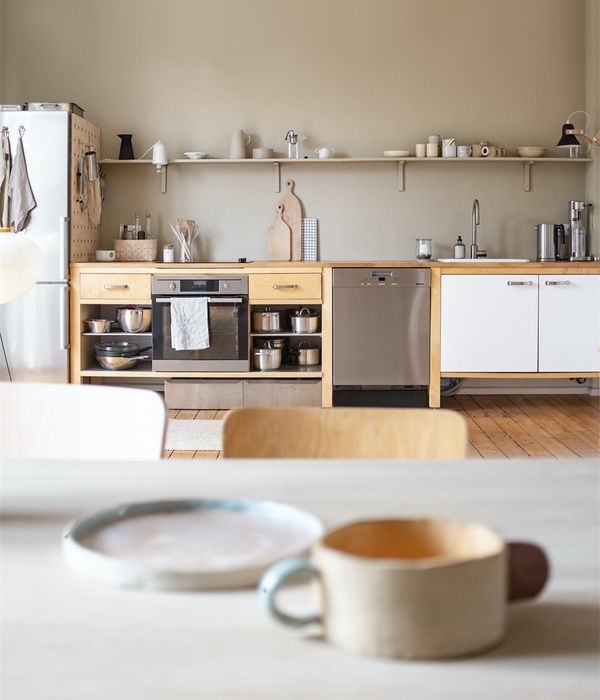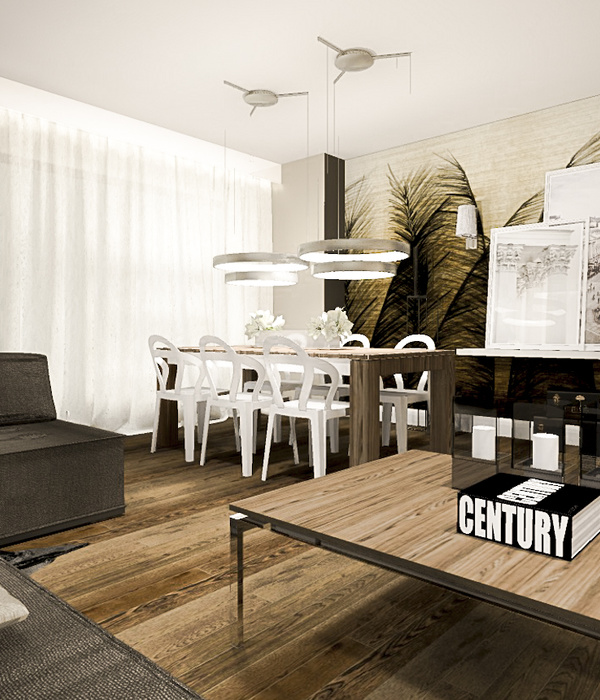非常感谢
Atelier Chang
Appreciation towards Atelier Chang for providing the following description:Photo © Kyungsub Shin
韩国巨济岛南部海岸的峭壁上坐落着五个雕塑般的白色建筑。白墙围绕的建筑内部成为私人的海景观赏点。建筑和海洋之间高大的松树充当着视线框架。这是业主“House of Mind”修建的第二个度假酒店,取名为“结”(Knot House)。
Five white, sculptural buildings rest on a cliff of the southern coast in Geoje Island, South Korea.
The white walls fold in themselves to create a private ocean view from each house.
Tall pine trees that grow between the buildings and the sea form occasional view frames.
This is the second resort for the hospitality group called “House of Mind.”
最顶端的两层住所是俱乐部,也是业主的住所。俱乐部边缘有一个V形的无边泳池,与远方的大海遥相呼应。其他四个建筑内共有6间客房。该项目处在一片狭长地带上,如何在这片条状区域上设置更多房间的同时保障隐私和海景视野是建筑师面临的首要挑战。Atelier Chang提出将每栋住宅面向海洋偏移40度,这种错置的布局能为旅客带来毫无障碍的海景视野,创造了壁龛式的私人区域,并扩大了屋顶的动态廓线,延续的白色折角线条宛如连绵不绝的山峰。
The two-storey Knot House at the top is a clubhouse as well as the owner’s residence. At the border of the clubhouse, a V-shaped infinity pool merges with the ocean afar. Four other one-storey Knot Houses host six guest rooms. The narrow and long strip of the building site provided an initial challenge to fit maximum number of units while maintaining privacy and ocean view. Atelier Chang suggested a layout to turn each house by 40 degrees toward the sea. This staggering allows an unrestricted ocean view for the guests and produces niches of private zones. Simultaneously, it amplifies the dynamic outline of the roofs where the visitor can read the continuity of the white angular masses forming mountainous peaks.
“绳结”的特点形成了折叠与非折叠的不同空间。住宅前面为不折叠结构,3—5米高的落地窗面向海洋;后面的折叠结构则形成了封闭的隐私空间。
The knot’s folding and unfolding creates different aperture in and outside the building. Where the knot unfolds in the front, 3 to 5 meter full height windows open toward the ocean view. In the rear, it tightens up and provides complete enclosure for privacy.
绳结伸出的地方是沐浴区。浴室嵌进外部花园。房间内外的界限因此变得模糊。人们坐在“Jacuzzi”(按摩浴缸品牌)内舒适地享受悠闲时光时还能欣赏到两侧的海洋和花园,十分惬意。“结”结构旨在保障隐私之余为旅客带来一份独特的体验。住宅内部的“结”元素体现在木板上。木板划分出隐私空间“卧室”及开放式起居室的沐浴区。
在该项目的概念设计阶段,建筑师面临的主要问题是如何在外部风景和内部居住区域之间实现无缝对接。其中有人提出将建筑抬高脱离地面,而Atelier Chang则提议让建筑贴合地面风景,最终通过“结”的构造形成整体隐私空间。自然风光涌上露台,形成了小小的植物园,最后伸进内部空间。
Where the knot gets most loose, an intimate experience of bathing manages to escape out to the exterior garden. The boundary between the inside and outside seems blurred at this moment. It may feel ironic to be sitting in a Jacuzzi looking out to the ocean and garden on either side of the tub. The strategic manoeuvre of the knot aimed at providing such a unique experience while maintaining privacy. The knot continues as an interior intervention on a wooden strip. It demarcates a private zone for bed and tub sitting in the open living room.
During the concept phase of the project, a key question was how to achieve seamless spatial connection between outdoor landscape and indoor living space through architecture. To answer that question, one had stop separating the building from the ground. Instead Atelier Chang imagined a surface made of landscape, which eventually folds into a knot to create an enclosure. The wild landscape floods into the terrace, generates patterns of herb garden, and gradually reaches the interior in continuous manner.
最初的设计提供了三种不同的绳结结构。业主可以从“产品目录”中选择并组合成适合建筑用地的总体规划蓝图。此外,该项目还从房地产的角度进行了考虑。首先,多个建筑单元可以立即为业主带来经济收益;其次,多年以后,这些度假酒店还能当做住宅出售。其设计考虑了建筑终生的适用性,即从酒店变身成为功能齐全的居所。
The initial design was conceived for providing three typologies that mimic different knots. Like choosing a product from a catalogue, an interested client can choose and combine multiple typologies, then form a unique master plan to suit the site. Also the project brings multiple advantages from the real-estate point of view. At first, multiple units can be built for hospitality to generate immediate income. Years later, they can be converted and sold as residential units. The design itself took account of adaptability throughout the life span of the building from a guest unit to a fully functioning residence.
▼C单元一层平面图 Unit C plan F1
▼C单元二层平面图 Unit C plan F2
▼B单元一层平面图 Unit B plan F1
▼B单元剖面图A_A Unit B section A_A
▼B单元剖面图C_C Unit B section C_C
▼C单元剖面图A_A Unit C section A_A
▼C单元剖面图B_B Unit C section B_B
Team: Atelier Chang Ltd
Soohyun Chang, Federica Russo, Ryan Day, Hyunwoo Chung
Client: HOM (House of Mind) Geoje
Use: Vacation House / Pension (future Residential), Residential & Restaurant
Contractor: HOM (House of Mind)Address: 309-3 Osong-Li Dongbu-Myoun Geoje-shi Kyungsang Namdo, South Korea
Site Area: 1722 m2
Built area: 403 m2
Scale: 2 stories / no basement
Height: 7.3m max height above GL
Parking: Outdoor Parking 8 lots, 100.00 m2
Site Coverage: 23.40%FAR: 25.21%
Structure: RC structure
Exterior Finish: Exposed Concrete with White Pain
Interior Finish: Gypsum Board and Timber boards
Structure Design: Thekujo
Local Architect: K20Art Architects
Design Period: 03.2012 – 10.2013Contraction Period: 09.2013 – 01.2014Budget: 890,000,000 KRW
Photography: Kyungsub Shin
MORE:Atelier Chang
,更多请至:
{{item.text_origin}}

